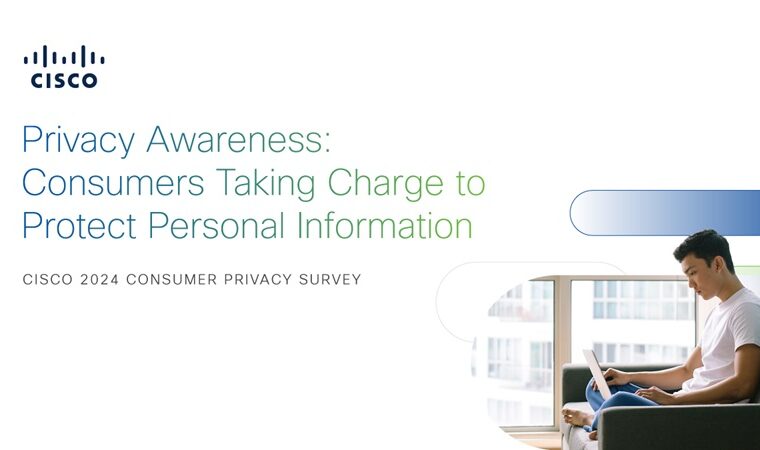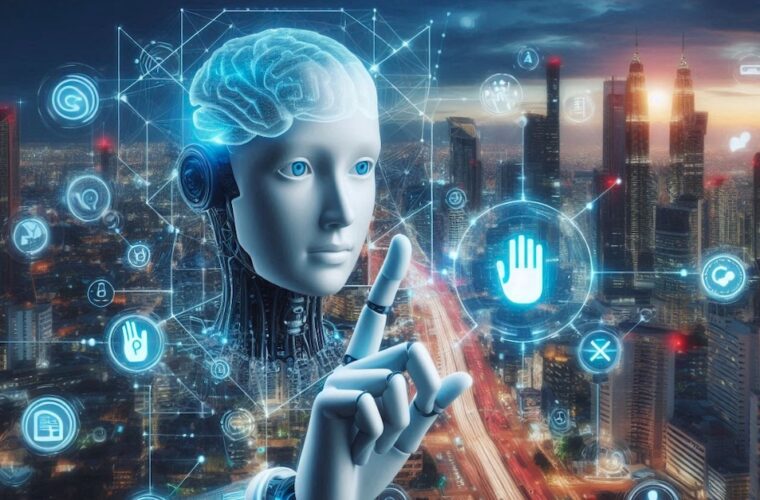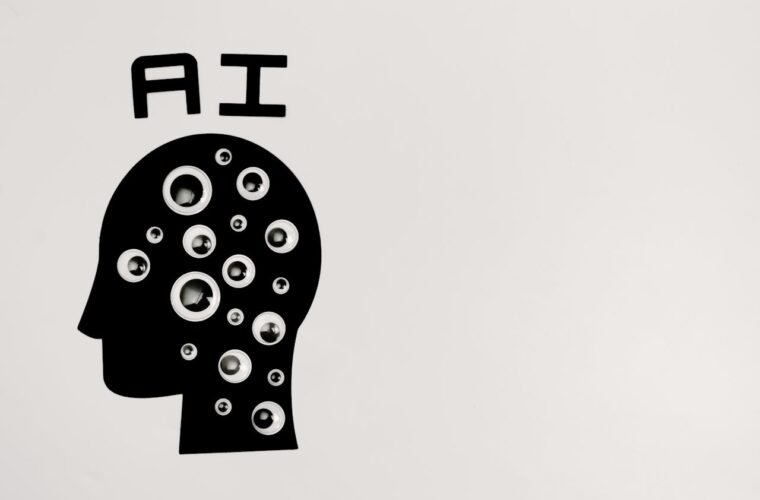Top leaders innovating in artificial intelligence, including OpenAI CEO Sam Altman, are warning of the “danger of extinction” and calling for everyone’s attention. AI experts, journalists, policymakers, and the public increasingly discuss a broad spectrum of important and urgent risks from AI.
A total of 350 experts signed a statement on AI risk, which was published by the non-profit Center for Artificial Intelligence Security (CAIS). The list of experts includes the CEOs of AI companies DeepMind and Anthropic, as well as executives from Microsoft and Google. They also included Geoffrey Hinton and Joshua Begio—two of the three so-called “godfathers of artificial intelligence” who received the 2018 Turing Award for their work in deep learning—and professors from institutions ranging from Harvard to Tsinghua University in China.
“Mitigating the risk of extinction from AI should be a global priority alongside other societal-scale risks such as pandemics and nuclear war”, the 350 experts note and, with their statement, describe a series of risks that the extensive – and uncontrolled – development of AI systems can cause.
AI experts and public figures express their concern
The statement aims to open a discussion on AI risks and create common knowledge of the growing number of experts and public figures taking some of advanced AI’s most severe risks seriously. Geoffrey Hinton recently said that chatbots could soon surpass the level of information a human brain possesses. He also pointed out that they are not as good at reasoning, “but they already apply methods of simple logic.” And given the pace of progress, “we expect things to improve quite quickly. So we have to worry about that.”
This is the second open letter warning about the dangers of AI recently, following a warning signed in April by Elon Musk, AI experts, and tech company executives. The emergence of tools that generate text, images, and other content in the user’s direction has raised fears of job losses, worsening misinformation, and privacy violations. At the same time, some experts say they worry that machines will soon become more intelligent than humans.

Can AI put human life in existential danger?
Former Google CEO Eric Schmidt recently warned that artificial intelligence could pose existential risks to humanity. Speaking at the Wall Street Journal’s CEO Council summit in London, Schmidt said he was concerned that artificial intelligence could pose an “existential risk”.
Schmidt, who was Google’s chief executive from 2001 to 2011, did not have a clear view of how artificial intelligence should be regulated but said it was a “broader issue for society.” The rapid development of artificial intelligence technology could endanger the future of humanity, according to most Americans polled by Reuters/Ipsos, the findings of which were released recently. Over two-thirds of Americans worry about negative criticism of artificial intelligence, and 61% believe it could threaten civilization.
The other side of the coin
Ever since OpenAI’s ChatGPT became the fastest-growing app of all time, the widespread integration of AI into everyday life has catapulted AI into the spotlight of public discourse. As AI increasingly permeates everyday life, many fear its effects on personal and public life, from job losses and threats to privacy to the potential for widespread disinformation. On the other side, industry representatives say that citizens must better understand artificial intelligence.
“The concerns are very valid, but I think what’s missing in the dialogue is why are we doing all this? AI will increase people’s quality of life and help them become more efficient and competent,” said Sebastian Thran, professor of computer science at Stanford University, who founded Google X.
“Trustworthy artificial intelligence (AI) can bring many benefits, such as better healthcare, safer and cleaner transport, more efficient manufacturing, and cheaper and more sustainable energy. The EU’s approach to AI will give people the confidence to embrace these technologies while encouraging businesses to develop them,” notes the European Commission.
Artificial intelligence has undoubtedly been a central topic of discussion lately, raising many concerns about whether it poses a real threat to humanity or can help the common good.
Indeed, the fact that AI experts are warning about the negative effects of artificial intelligence should concern us all, and arguably the field of AI should be treated with the due care and seriousness required and not frivolously.



